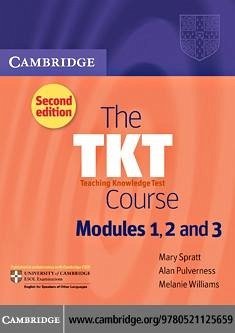
Epidemiology and Culture (eBook, PDF)
Versandkostenfrei!
Sofort per Download lieferbar
25,95 €
inkl. MwSt.
Weitere Ausgaben:

PAYBACK Punkte
13 °P sammeln!
This book shows how practitioners in the emerging field of 'cultural epidemiology' describe human health, communicate with diverse audiences, and intervene to improve health and prevent disease. It uses textual and statistical portraits of disease to describe past and present collaborations between anthropology and epidemiology. Interpreting epidemiology as a cultural practice helps to reveal the ways in which measurement, causal thinking, and intervention design are all influenced by belief, habit, and theories of power. By unpacking many common disease risks and epidemiologic categories, thi...
This book shows how practitioners in the emerging field of 'cultural epidemiology' describe human health, communicate with diverse audiences, and intervene to improve health and prevent disease. It uses textual and statistical portraits of disease to describe past and present collaborations between anthropology and epidemiology. Interpreting epidemiology as a cultural practice helps to reveal the ways in which measurement, causal thinking, and intervention design are all influenced by belief, habit, and theories of power. By unpacking many common disease risks and epidemiologic categories, this book reveals unexamined assumptions and shows how sociocultural context influences measurement of disease. Examples include studies of epilepsy, cholera, mortality on the Titanic, breastfeeding, and adolescent smoking. The book describes methods as varied as observing individuals, measuring social networks, and compiling data from death certificates. It argues that effective public health interventions must work more often and better at the level of entire communities.
Dieser Download kann aus rechtlichen Gründen nur mit Rechnungsadresse in A, B, BG, CY, CZ, D, DK, EW, E, FIN, F, GR, HR, H, IRL, I, LT, L, LR, M, NL, PL, P, R, S, SLO, SK ausgeliefert werden.













